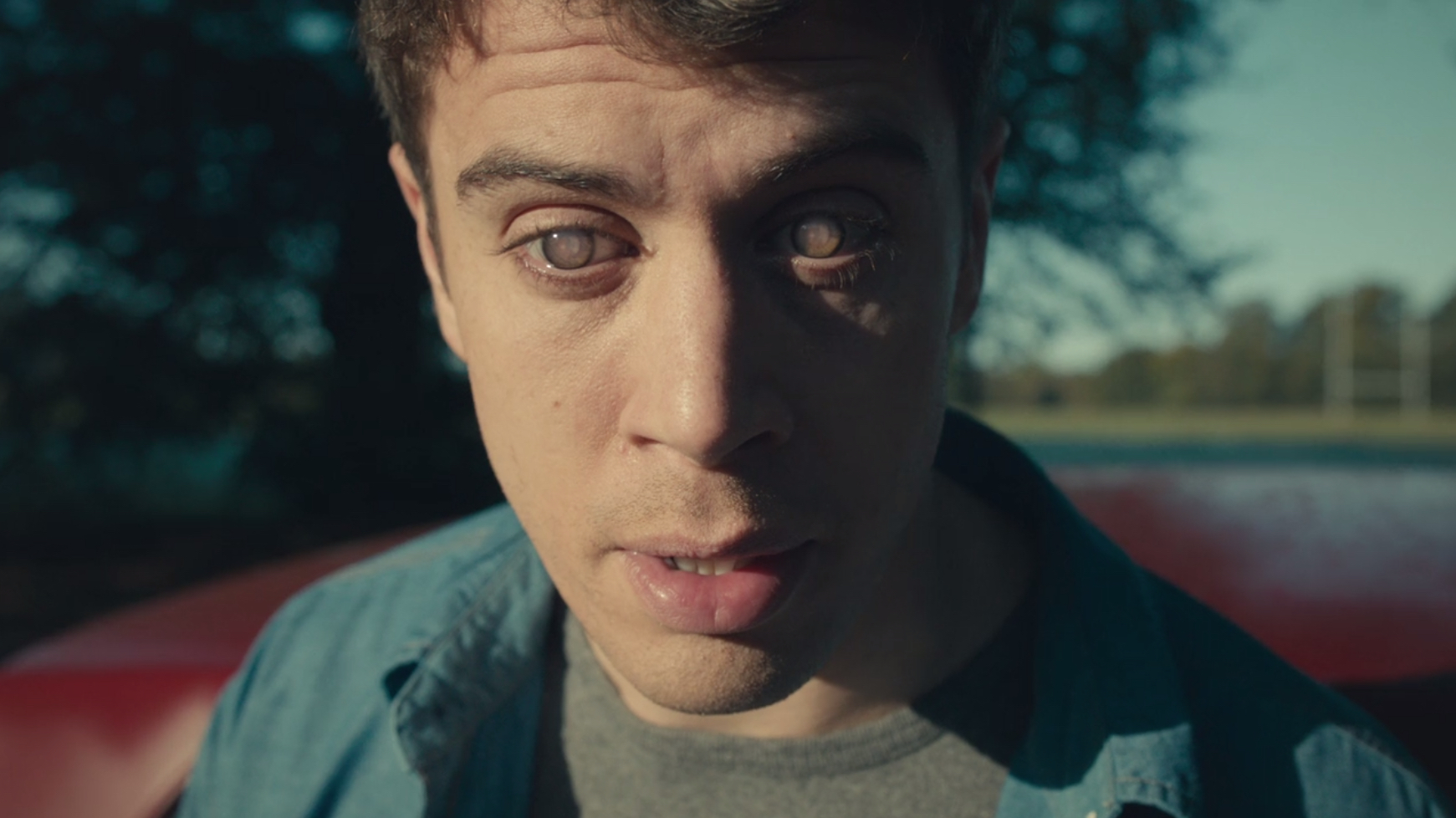You either have no clue what Black Mirror is or you’re a rabid fan of it.
THERE ARE NO OTHER OPTIONS!
Black Mirror came out in the U.K. in 2011 and was recently released in the U.S. on Netflix. It’s an anthology series, like The Twilight Zone, with every episode focusing on a unique story and cast. There’re only 7 episodes so you can binge watch it in a day (here’s a guide to do that).
The series explores how technology is changing society. Charlie Brooker, the show’s creator, explained Black Mirror as the reflection “you’ll find on every wall, on every desk, in the palm of every hand: the cold, shiny screen of a TV, a monitor, a smartphone.”
There’s nothing like Black Mirror on TV. It’s the smartest science fiction I’ve seen since Battlestar Galactica’s reboot. It’s also the first show to really get 21st century technology. Check out what Wired had to say:
These episodes don’t scream “TECHNOLOGY IS BAD!!!” They’re not too far removed from contemporary life, and they’re not too familiar, either. Instead, they quietly, diligently burrow into the heart of what’s so terrifying about tech to begin with: our tendency to make stuff that caters to our worst selves. And that, friends, is what dystopian sci-fi is all about.
This is why I’m so obsessed with Black Mirror — it reveals dark truths about human nature and warns us about what might happen if we aren’t careful.
I’m going to expand on that and explore the psychology of Black Mirror. I won’t spoil the episodes — they work best if you go in without knowing what to expect. If you’ve seen the show, you’ll know what I’m talking about. If you haven’t, hopefully this will convince you to give it a try. Just skip episode #1, "The National Anthem", because no one likes it. The rest are awesome though, I promise.
Without eye contact humans become inhumane











